Nội Dung Chính
(Trang 103)
Gerunds and infinitivesThe gerund is the -ing form of a verb. We use gerunds: 1 as the subject of a sentence. Running is good exercise for the human body. 2 after prepositions. Astronauts must train before going into space. 3 after certain verbs, including avoid, can't stand, complete, dislike, don't mind, enjoy, finish, imagine, like, miss, practise, put off, recommend, regret, spend time, start, stop, waste time. Can you imagine living on a different planet? The infinitive is the to or base form of a verb. We use infinitives: 1 to explain the purpose of an action. We used the telescope to look at the moon. 2 after adjectives. It's interesting to talk about the universe. 3 after certain verbs including aim, decide, help, hope, intend, learn, need, plan, teach, tend, want. Esther wants to study astrophysics. Conditionals, wishConditional sentences have two parts: the if clause and the main clause. The if clause establishes the condition and the main clause establishes the result. The if clause can come in the first or second half of the sentence. If it is second, we don't use a comma. If we don't experiment, we won't learn. We won't learn if we don't experiment. We can use unless to express if not. I won't become a doctor unless I study. (= I won't become a doctor if I don't study.) Zero conditionalWe form the zero conditional with if + subject + present simple, + subject + present simple. If you heat water, it evaporates. Does the liquid change if you mix it? UsageWe use the zero conditional to talk about facts and situations that are always true. If astronauts don't exercise in space, they become ill. If you do exercise, you get fit. | The first conditionalWe form the first conditional with if + subject + present simple, + subject + will/won't + a verb without to. If you look outside, you'll see the stars. If I go out, will I see the meteor shower? UsageWe use the first conditional to talk about a likely or possible situation in the future. If it rains later, we won't see the stars. The second conditionalWe form the second conditional with if + subject + past simple, + subject + would/wouldn't + a verb without to. If I became an inventor, I'd create a robot. If I learned about gravity, would I pass the test? UsageWe use the second conditional to talk about presen or future situations which are unlikely or unreal. I'd do some experiments if I went to Mars. wish We form wish using the simple past tense to expres wishes which are not possible for the present. Humans wish (that) they could unlock superhuman abilities such as teleport. They wish (that) they were able to return to the past. suggest + V-ingWe can use the verb suggest with the -ing form of a verb to show suggestions. Studies suggest exercising regularly to reduce the risk of heart disease. Studies suggest consuming a diet rich in fruits and vegetables to improve health. |
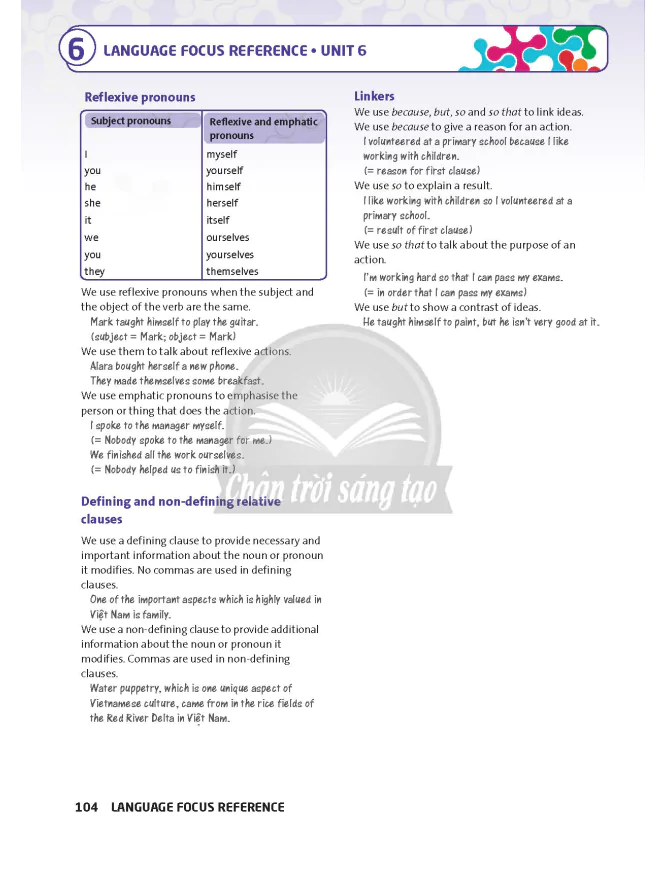
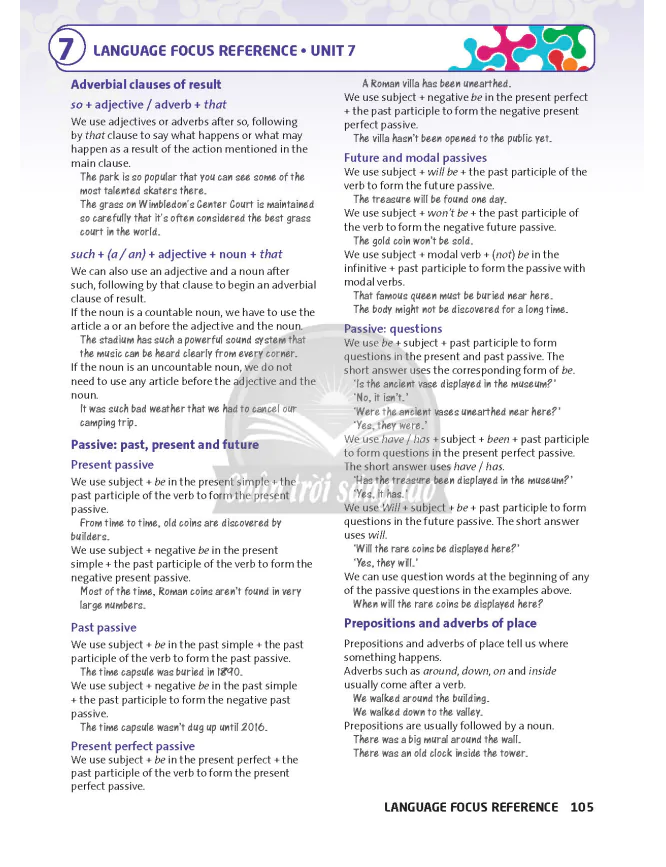
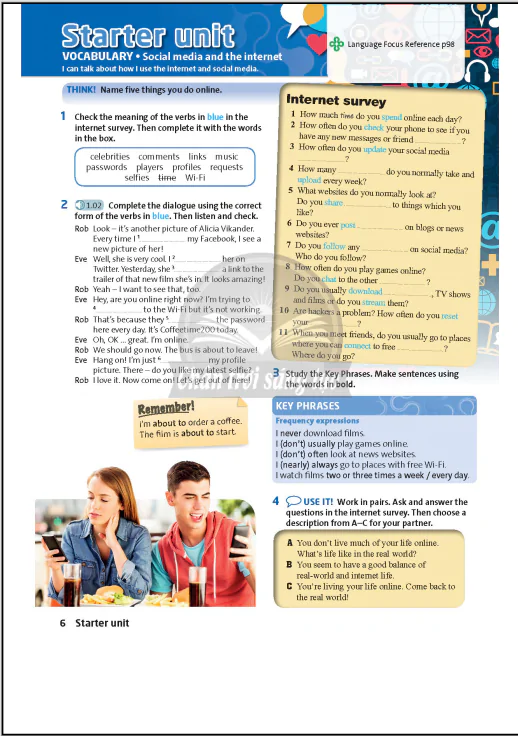
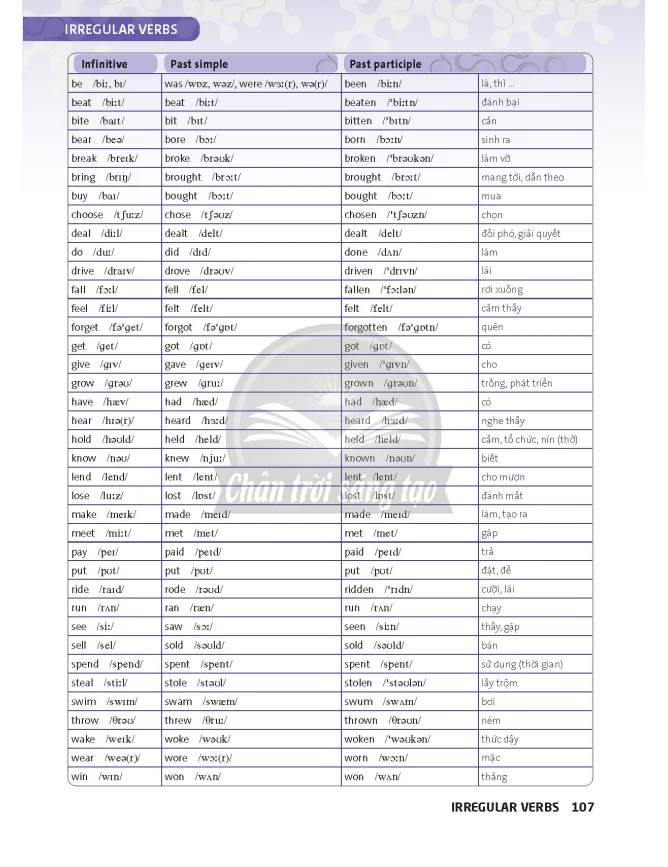
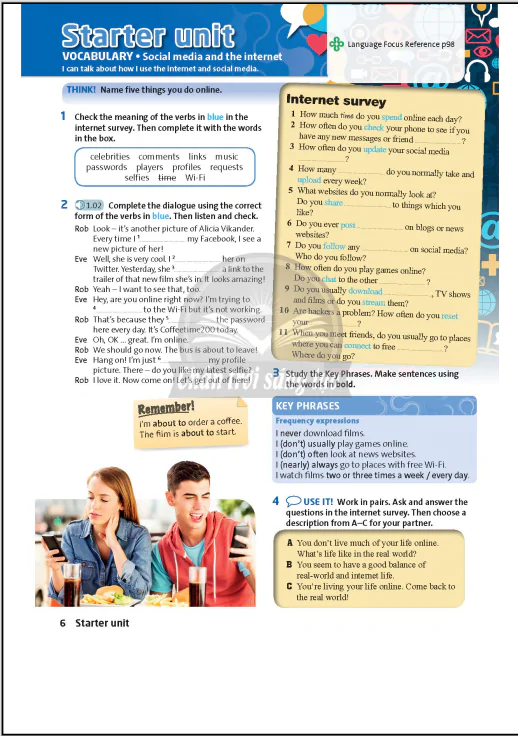
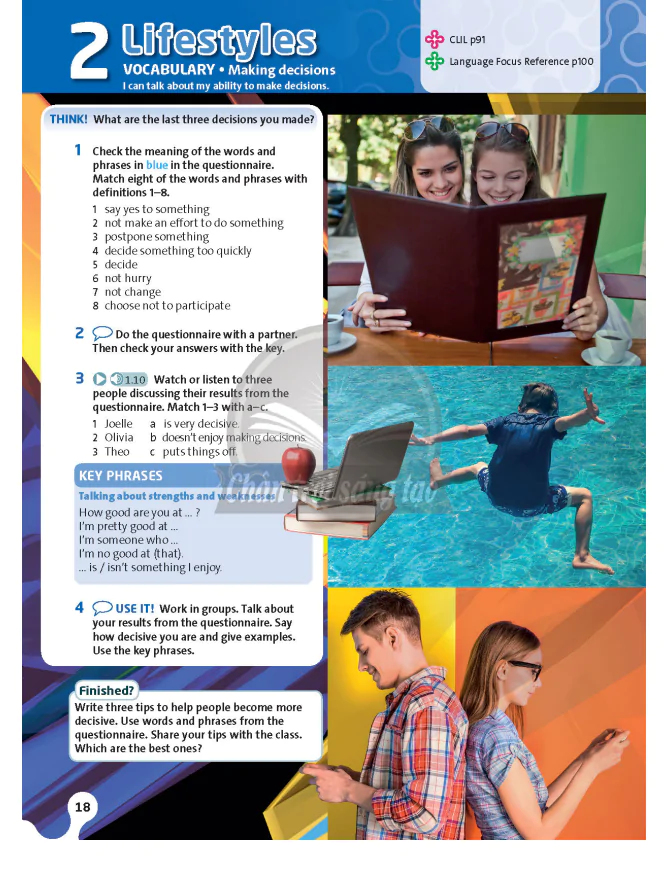
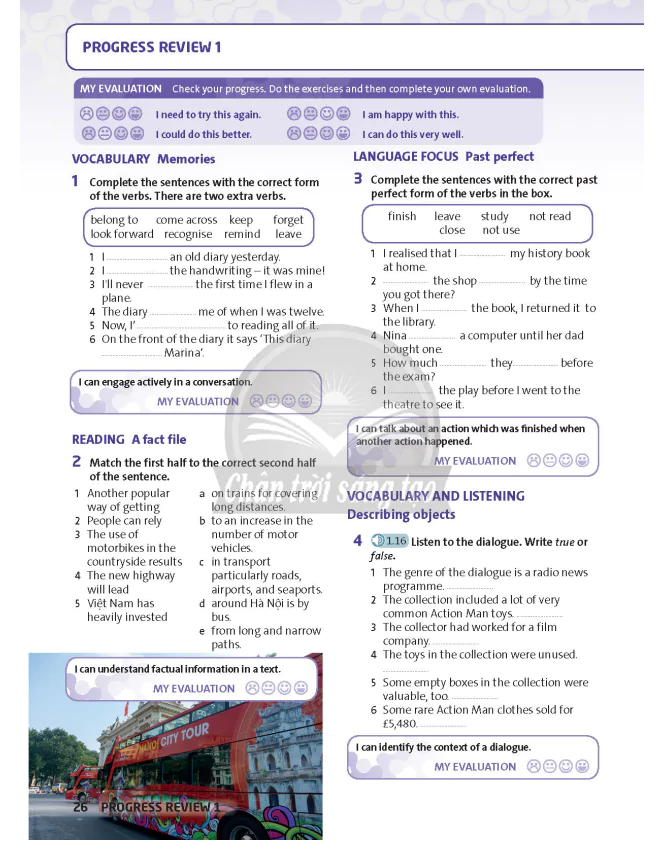
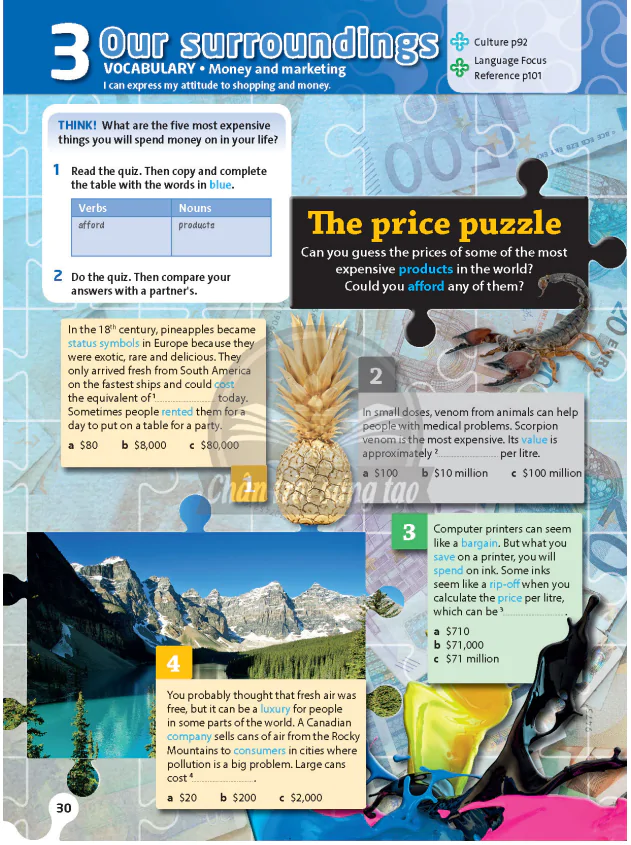
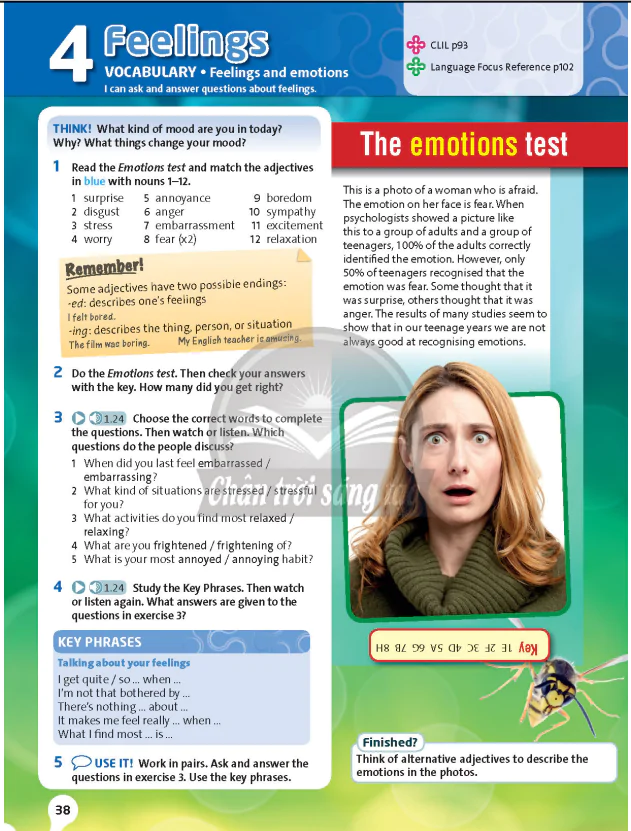
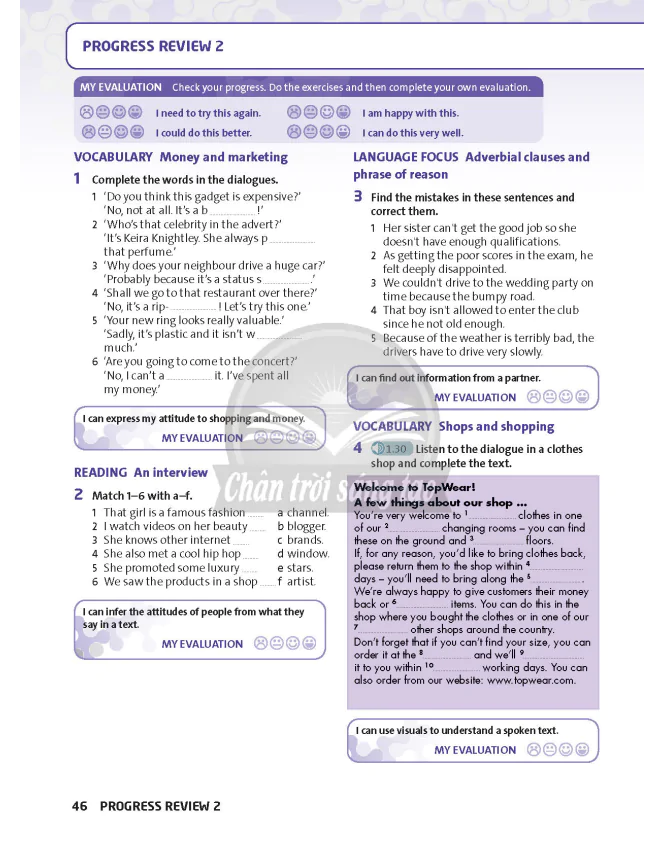
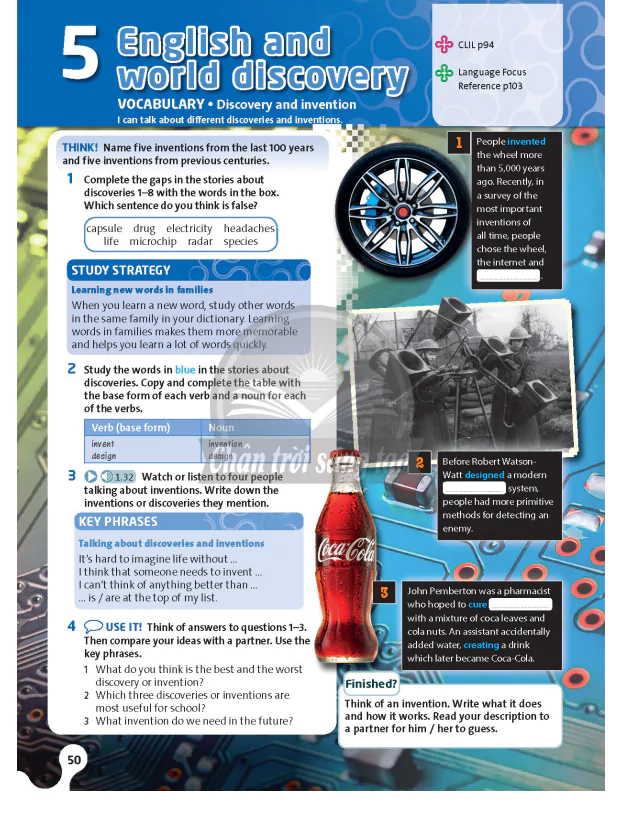
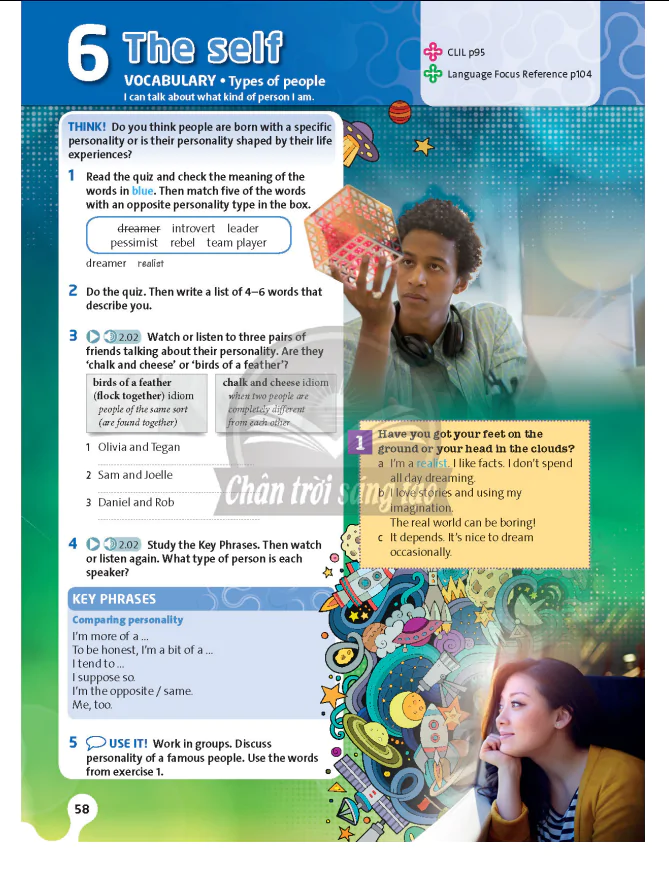
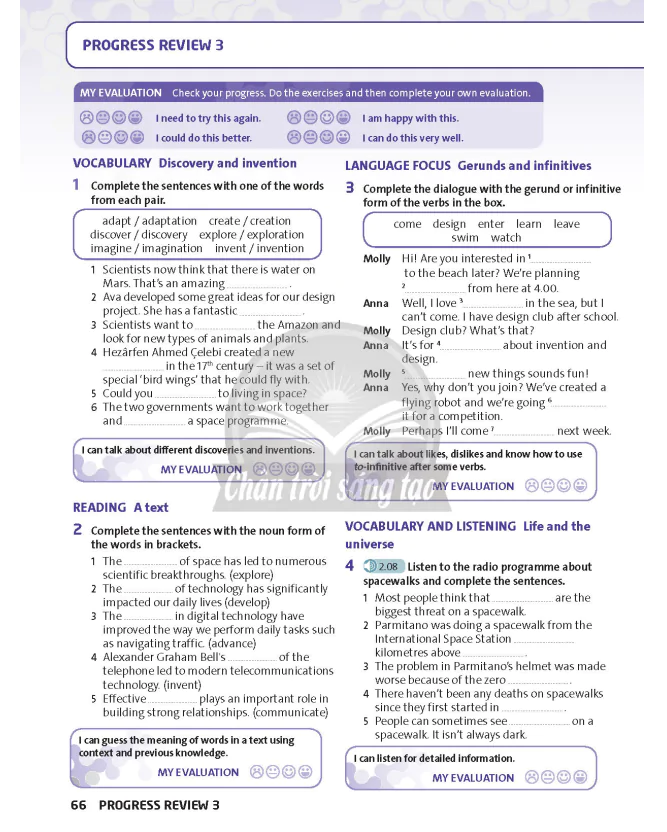
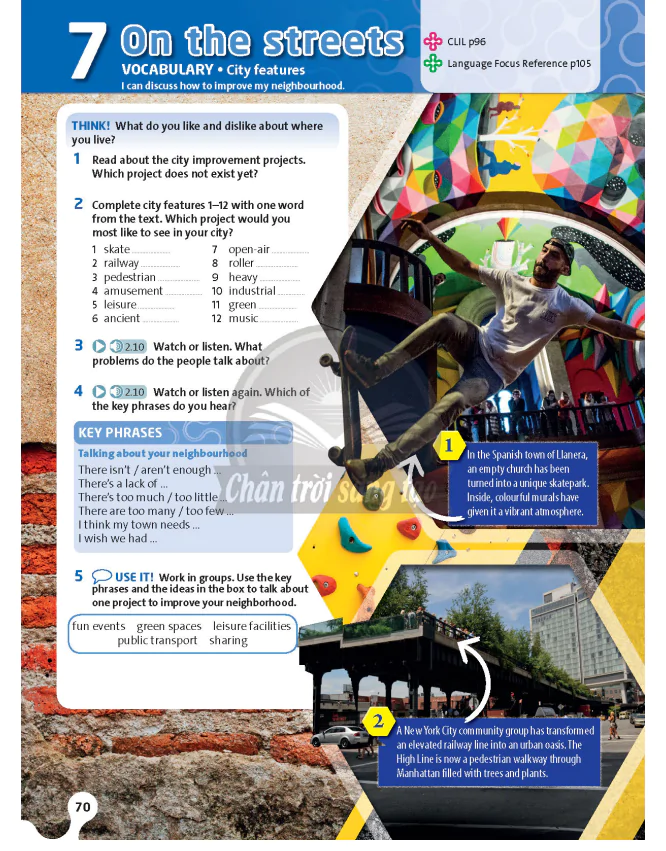
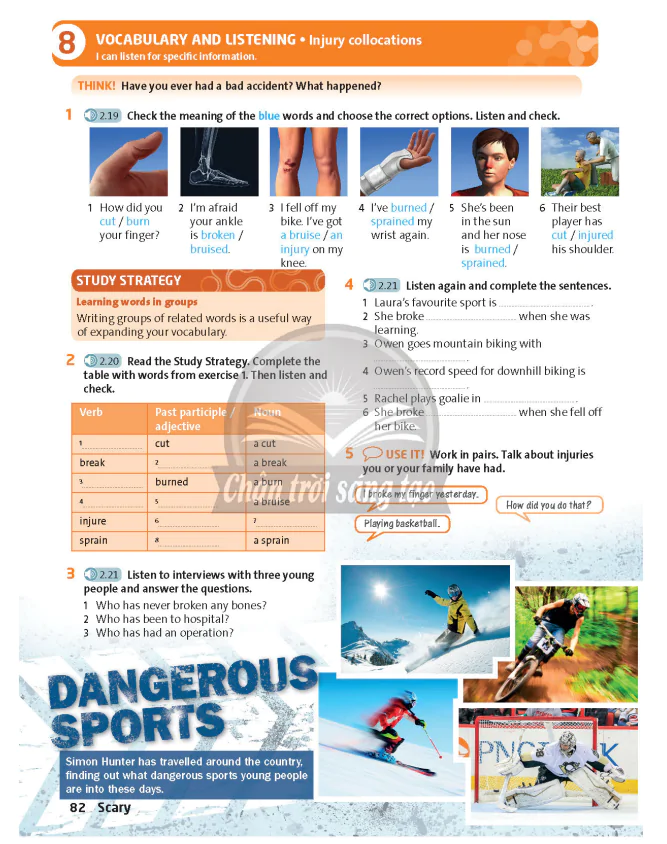
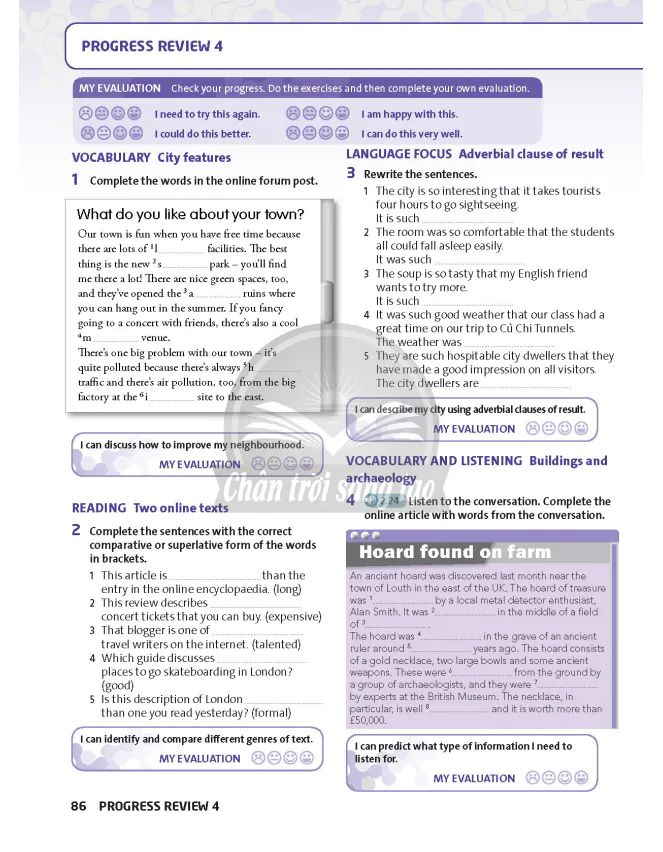


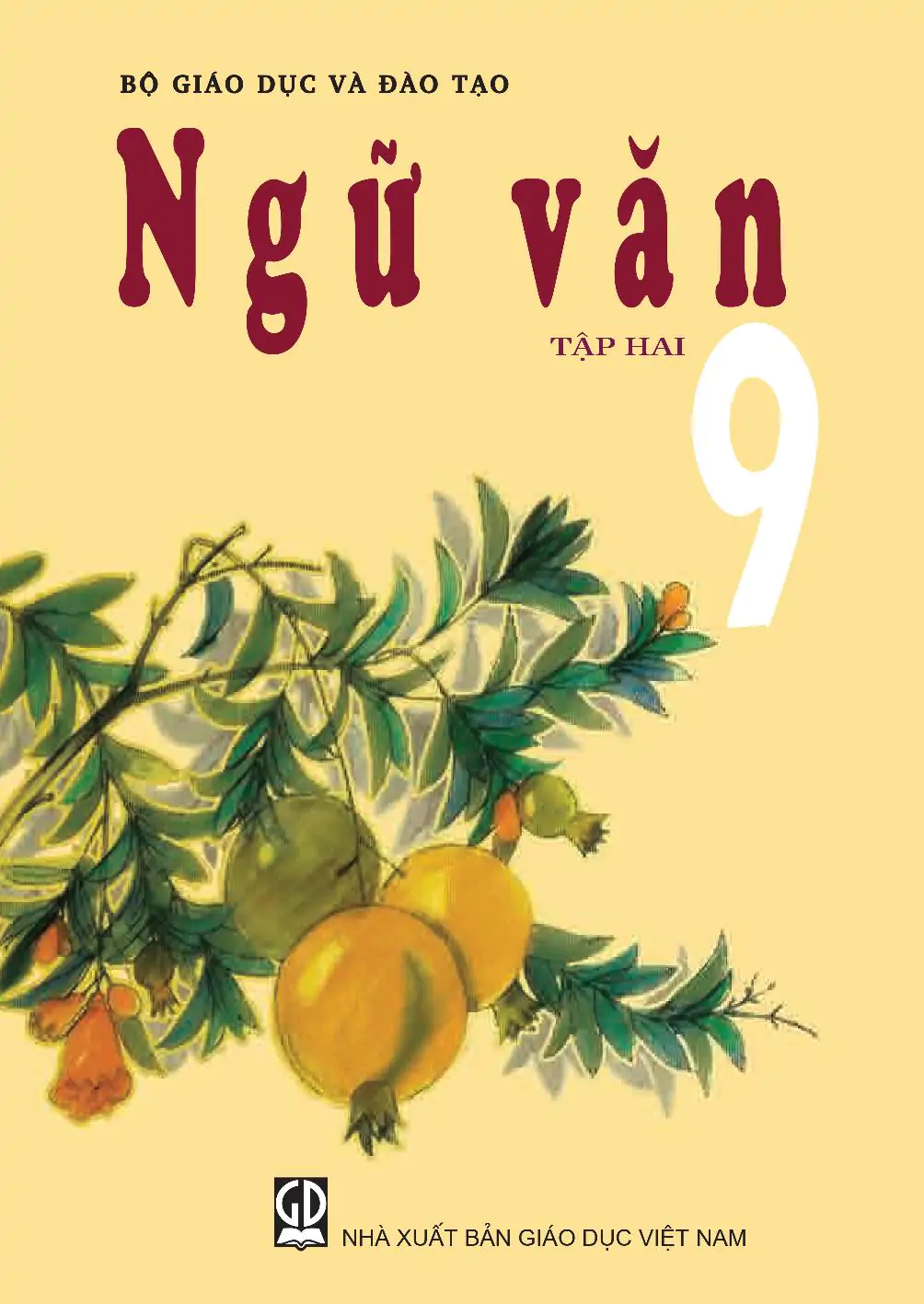
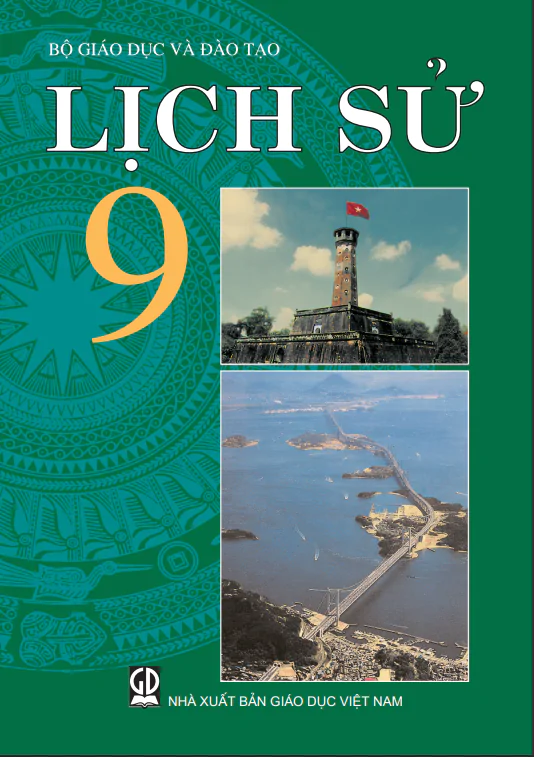
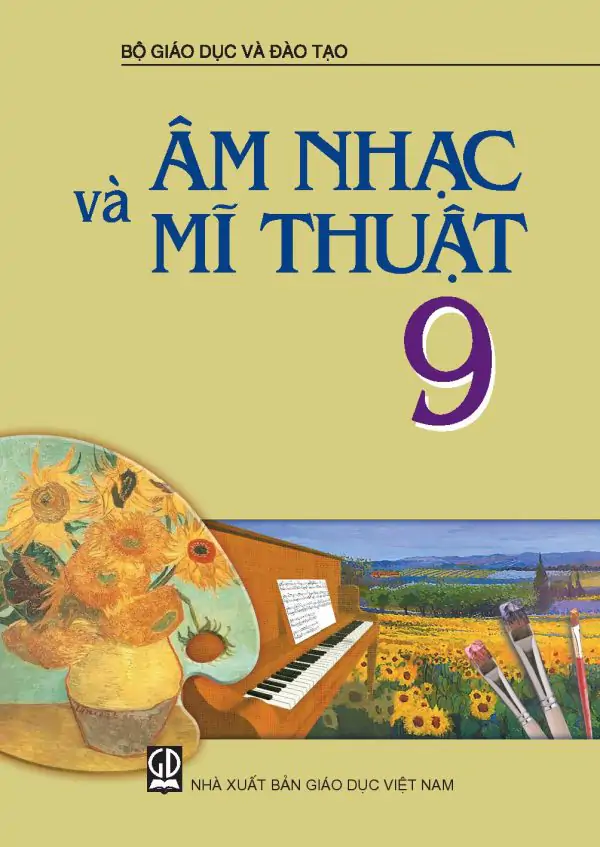
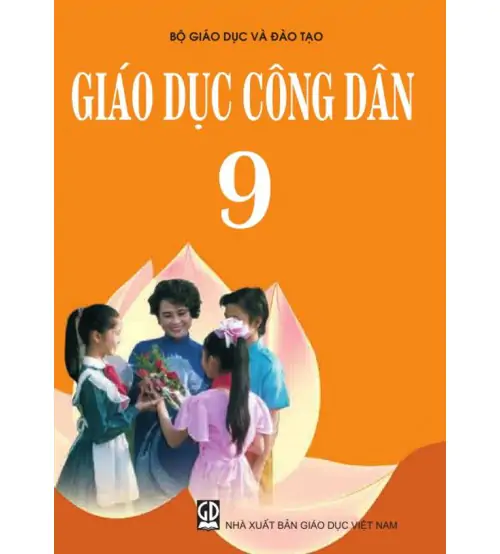



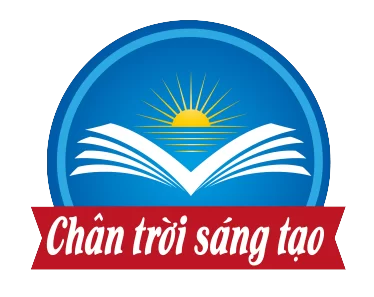














Bình Luận
Để Lại Bình Luận Của Bạn